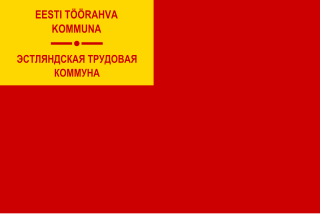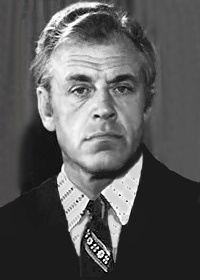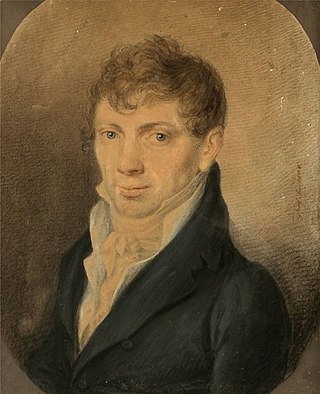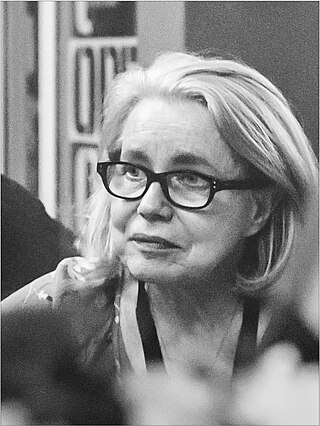
The University of Tartu is a public research university located in the city of Tartu, Estonia. It is the national university of Estonia. It is the biggest and most prestigious university in the country. The university was founded under the name of Academia Gustaviana in 1632 by Baron Johan Skytte, the Governor-General of Swedish Livonia, Ingria, and Karelia, with the required ratification provided by King Gustavus Adolphus, shortly before the king's death on 6 November in the Battle of Lützen (1632).
The Estonian resistance movement was an underground movement to resist the occupation of Estonia by Nazi Germany, 1941–1944 during World War II. Due to the unusually benign measures implemented in Estonia by the German occupation authorities, especially in contrast to the preceding harsh Soviet occupation of Estonia (1940–1941), the movement was slower to develop effective tactics on a wide scale than in other occupied countries.

The Commune of the Working People of Estonia was an unrecognised government claiming the Bolshevik-occupied parts of Republic of Estonia as its territories during the Estonian War of Independence and the Russian Civil War.

Ancient Estonia refers to a period covering History of Estonia from the middle of the 8th millennium BC until the conquest and subjugation of the local Finnic tribes in the first quarter of the 13th century during the Teutonic and Danish Northern Crusades.

Tartu Parish is a rural municipality in Tartu County, Estonia. It has a population of 12,725 and covers an area of 742 km2 (286 sq mi). The population density is 17.150/km2 (44.42/sq mi). It has one borough (Raadi), six small boroughs and 70 villages.

Tartu Ülikooli korvpallimeeskond, also known as Tartu Ülikool Maks & Moorits for sponsorship reasons, is a professional basketball team based in Tartu, Estonia. They are a part of the University of Tartu Academic Sports Club. The team plays in the Estonian-Latvian Basketball League and the Korvpalli Meistriliiga (KML). Their home arena is the University of Tartu Sports Hall.
The Letter of 40 intellectuals, also The letter of 40, originally A public letter from Estonian SSR was a public letter dated October 28, 1980 and posted a week later, in which 40 intellectuals attempted to defend the Estonian language and expressed their protest against the recklessness of the Republic-level government in dealing with youth protests that were sparked a week earlier due to the banning of a public performance of the band Propeller. The real reasons were much more deep-seated, and had to do primarily with the Russification policies of the Kremlin in occupied Estonia.

Leonhard Merzin was an Estonian theatre and film actor, one of the Estonian actors active in the Soviet Union and abroad. He played in more than 50 films. His most notable role in Estonia is "Teacher Laur" in Spring (Kevade) and as Edgar in Soviet Union adaption of King Lear.

Karl August Senff was a Baltic German painter, engraver and teacher. He is best known for his etchings of famous German and Baltic German military figures in service to the Imperial Russian Army. He served as professor of drawing at the University of Dorpat from its reopening in 1802 until his death in 1838 where he trained some of Estonia's most celebrated artists.
Laur is an Estonian surname, the 50th most popular.

Tullio Ilomets was an Estonian chemist, science historian and a volunteer in heritage protection.

Joonatan Jürgenson is an Estonian classical pianist from Tõravere. He made his debut at the age of 12 after receiving the 1st prize at the "Young Musician" competition in Tallinn, 2004.

Ants Kaljurand popularly known as Terrifying Ants,, was an Estonian Nazi collaborator, anti-communist, and forest brother during and after World War II.

Katrin Laur is an author, film director, and professor who currently lives in Estonia and Germany.
August Daniel Wiera was an Estonian theatre and music personnel. Under his guidance Vanemuine Cultural Society's theatre collective became semi-professional.
Mati is a male given name.
Jarno Laur is an Estonian politician. He was a member of X Riigikogu representing the Social Democratic Party. From 2009 until 2013, he was the Mayor of Väätsa Parish, from 2013 until 2017, he was the Deputy Mayor of Tartu, and from 2017, Mayor of Tartu Parish.

Helle Metslang is an Estonian linguist.

Mati Erelt is an Estonian linguist.
Reet Kasik is an Estonian linguist.













